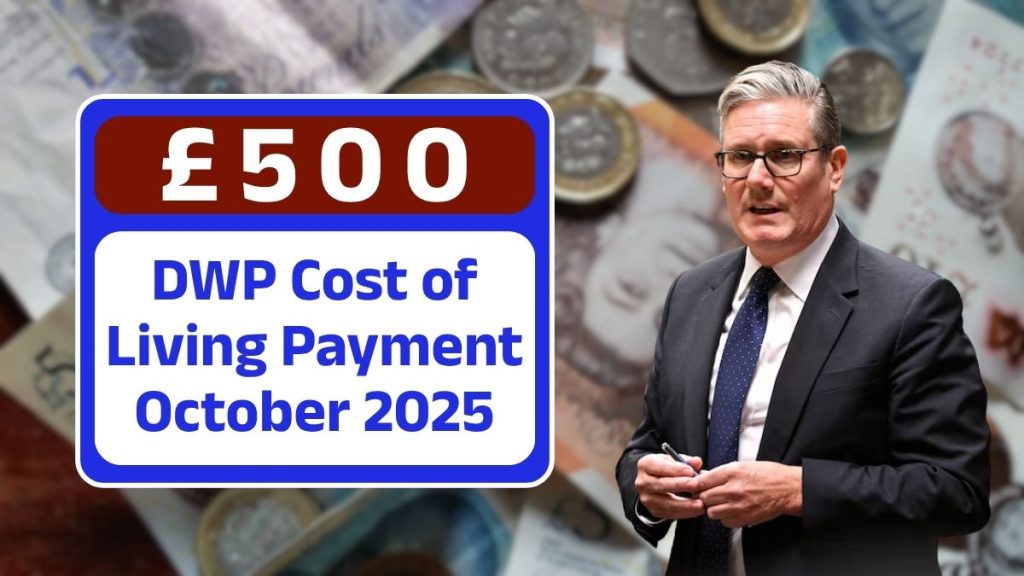Hello Everyone, the year 2025 marks a turning point for UK motoring. Drivers face some of the most extensive law updates in decades, ranging from tougher distracted driving penalties to expanded low-emission zones and new electric vehicle charging rules. The reforms will reshape how motorists use, maintain, and pay for their vehicles.
Whether you are a daily commuter, professional driver, or occasional motorist, understanding these changes is critical to staying compliant and avoiding heavy fines.
New Rules for Electric Vehicle Charging

To make EV use easier and fairer, the government has introduced a standardised charging framework:
- Mandatory contactless payments at all new public charge points from 2025.
- No need for multiple apps or memberships.
- Price transparency rules will prevent hidden charges during peak hours.
- Charging stations must clearly display cost per kWh and estimated charging time.
This move ensures a simpler, more affordable charging experience for all electric vehicle owners.
Quick Summary of UK Driving Law Changes 2025
| Key Area | New Rule/Change |
|---|---|
| Emissions | Expansion of Low Emission and Ultra Low Emission Zones (ULEZ) |
| ULEZ Charges | Non-compliant vehicles: £12.50–£20 daily charges |
| EV Charging | Mandatory contactless payments and pricing transparency |
| Fuel Duty & Tax | Consultation on “pay-per-mile” road tax |
| Mobile Phone Use | £200 fine + 6 penalty points for all handheld use |
| Smart Motorways | More refuge areas, stricter speed enforcement |
| MOT Tests | EV and hybrid battery health checks added |
| Autonomous Vehicles | Expanded test zones, liability rules clarified |
| Drink & Drug Driving | Possible lower alcohol limits, stricter drug tests |
| Parking/Speeding | More roadside AI cameras, higher fines for repeat offenders |
| Implementation | From 2025 onwards |
| Official Source | www.gov.uk |
Stricter Emission Standards and ULEZ Expansion
The UK government is ramping up its net-zero strategy:
- More cities will expand Clean Air Zones and ULEZ schemes.
- Non-compliant petrol and diesel cars could face daily charges of £12.50–£20.
- Penalties for ignoring rules will increase significantly.
- Scrappage grants and financial aid may be offered to help drivers switch to cleaner vehicles.
Cities like Manchester, Birmingham, and Leeds are expected to join London in adopting ULEZ frameworks.
Fuel Duty and Road Tax Reform
With EVs replacing petrol and diesel cars, fuel duty revenues are falling. In response, the government is exploring:
- A “pay-per-mile” road tax system, charging drivers based on distance travelled.
- Higher Vehicle Excise Duty (VED) for large, high-emission cars.
- Increased costs for long-distance driving.
While still under consultation, these measures could change how drivers budget for journeys.
Mobile Phone Usage Rules – Tougher Penalties
The crackdown on distracted driving is intensifying:
- Any use of handheld devices while driving is now illegal, even at traffic lights.
- Offences include texting, taking photos, scrolling apps, or calling without hands-free.
- Penalties: £200 fine plus six penalty points.
- Repeat offenders could face licence disqualification.
This rule addresses one of the leading causes of UK road accidents.
Smart Motorway Updates
Smart motorways have been controversial, but reforms aim to improve safety:
- More emergency refuge areas will be built.
- Improved stopped-vehicle detection systems will speed up responses.
- New cameras will strictly enforce red “X” lane closures and variable speed limits.
- Higher fines for drivers ignoring restrictions.
MOT and Insurance Changes
From 2025, MOT checks will expand:
- EVs and hybrids must undergo battery health tests, protecting safety and resale value.
- Insurance reforms will promote pay-as-you-drive policies, lowering premiums for low-mileage drivers.
These updates reflect the shift towards electric mobility and personalised insurance plans.
Autonomous Vehicle Regulations
2025 marks a milestone in self-driving car legislation:
- More test zones for autonomous vehicles will open.
- Legal frameworks will shift liability to manufacturers in some accident cases.
- Semi-autonomous driving may be permitted under strict safety conditions.
While fully driverless cars remain years away, these steps pave the way for future adoption.
Drink and Drug Driving Laws
New proposals include:
- Lowering the legal alcohol limit in England and Wales to match Scotland’s stricter levels.
- Expanding roadside drug tests, including for prescription medications.
- Tougher penalties for repeat offenders.
These measures aim to further reduce impaired driving incidents.
Parking and Speeding Enforcement – AI on the Roads
Councils will expand enforcement with AI-enabled roadside cameras:
- Illegal parking, bus lane misuse, and minor speeding offences will be automatically detected.
- Higher fines will target repeat offenders.
- Councils gain greater powers to issue civil penalties.
Road Safety Campaigns
To support the new laws, government-led awareness campaigns will highlight:
- The dangers of distracted driving.
- The importance of vehicle maintenance.
- Guidance for adapting to EVs and autonomous technologies.
Campaigns will run on TV, radio, and social media throughout 2025.
What Motorists Should Do in 2025
- Check emission compliance before driving into city zones.
- Review your insurance policy, especially if you drive less frequently.
- Keep phones away while driving.
- Prepare for EV adoption if buying a new car.
- Stay updated on local council rules and penalties.
FAQs
Q1: What is the biggest change for drivers in 2025?
The expansion of ULEZ schemes and stricter mobile phone penalties are among the most impactful updates.
Q2: Do EV owners benefit from these changes?
Yes, EV owners are exempt from ULEZ charges and will see simpler, fairer charging standards.
Q3: How much is the fine for mobile phone use while driving?
The penalty is £200 and six points, even if you are stationary at lights.
Q4: Will MOTs change for petrol and diesel cars?
Yes, but the major update is for EV and hybrid vehicles, which will undergo battery health checks from 2025.
Q5: Are driverless cars legal in 2025?
Not fully. Semi-autonomous vehicles may be allowed under controlled conditions, but fully driverless cars are still years away.













